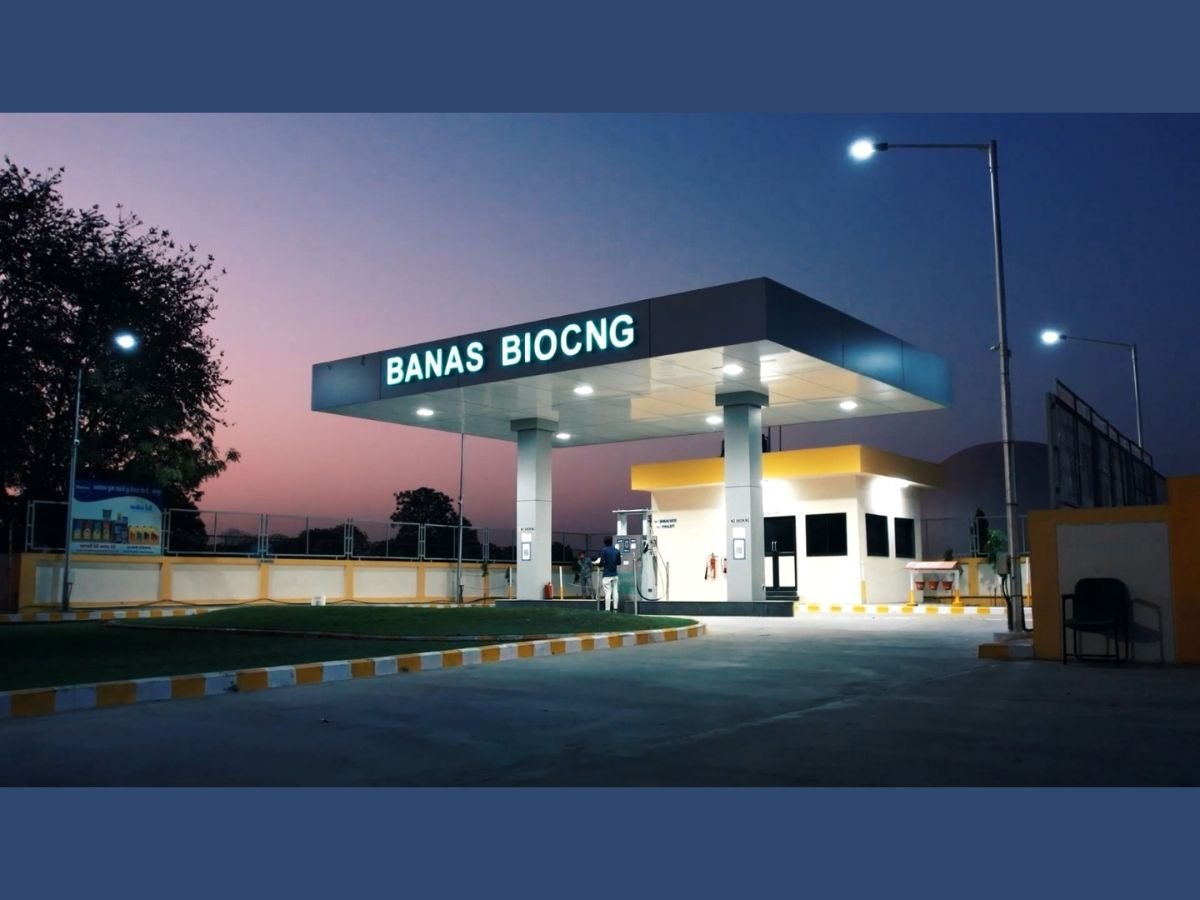New Delhi [India], October 17: The agriculture sector in India provides livelihood support to about 42.3% of the population. However, one of the challenges plaguing Indian agriculture is its heavy dependence on the import of fertilizers. To address this, PS Gahlaut, Managing Director of Indian Potash Limited (IPL), advocates for a strategic shift toward indigenous fertiliser production. His insights provide a roadmap for how India can build self-reliance in this sector and reduce its dependency on imports.
Understanding India’s Current Fertilizer Dependency
Indian agricultural system is critically dependent on chemical fertilizers, particularly urea, phosphate and potash. While India has made strides in urea production, a large portion of its potash and phosphate needs are met through imports. According to government data, India imports more than 50% of its fertilizer requirements, including almost 90% of its potash. This reliance on global markets creates vulnerabilities as fluctuations in international prices and supply chain disruptions can heavily impact Indian farmers.
PS Gahlaut has highlighted the adverse effects of this dependency. He says, “Dependence on imported fertilizers leads to price volatility, which affects farmer’s incomes. The Indigenous production is not only a step toward self-sufficiency but also crucial for agricultural sustainability.”
Indigenous Production: A Path to Self-Reliance
PS Gahlaut advocates for a multi-faceted approach to boosting indigenous fertilizer production, which includes optimizing domestic resources, enhancing research & development and fostering public-private partnerships. He stresses that the country has untapped potential that could drastically reduce the need for imports:
1. Optimizing Domestic Resources
India possesses vast natural resources that could support the production of key fertilizers. For example, phosphate rock is abundant in Rajasthan and can be used in the production of phosphatic fertilizers. “India has a rich reserve of natural minerals that are not fully utilized for fertilizer production. We need to improve our mining practices and encourage local industries to invest in fertilizer manufacturing,” states PS Gahlaut.
2. Improved Research and Development (R&D)
Innovation is one of the keys to achieving self-reliance. Gahlaut points out that investment in R&D can lead to the development of advanced fertilizers that are tailored to Indian soil conditions. These fertilisers are more efficient in nutrient delivery, can reduce the overall consumption of chemical inputs and improve crop yields. “Innovation in fertilizer formulation is essential for both increasing production and enhancing the efficiency of fertilizer use. This can significantly lower our import requirements while improving agricultural productivity,” says PS Gahlaut.
3. Public-Private Partnerships
Gahlaut also calls for stronger collaboration between the government and private enterprises. Fertilizer production requires massive capital investments, which cannot be achieved solely through public sector funding. By encouraging public-private partnerships, India can build the necessary infrastructure for indigenous fertilizer production.
“A collective effort between the government and private sector is essential to build a robust fertilizer industry in India. Public-private partnerships can catalyse both innovation and investment, leading to a more sustainable agricultural ecosystem,” Gahlaut explains.
Policy Interventions and Incentives
PS Gahlaut believes that the government can play a pivotal role by providing incentives for local production. This includes reducing the cost of inputs like natural gas (a critical component for urea production), offering tax rebates and providing subsidies for R&D initiatives. He also advocates for streamlining regulatory frameworks to make it easier for private players to enter the fertilizer market.
“Policy support is crucial. The government can stimulate domestic production by offering incentives that make it economically viable for companies to manufacture fertilizers locally,” notes PS Gahlaut.
Reducing Environmental Impact with Indigenous Fertilizers
Indigenous production of fertilisers not only reduces import dependence but also provides environmental benefits. Imported chemical fertilizers often have a higher carbon footprint due to the transportation involved. Locally produced fertilizers would reduce this ecological impact while also encouraging the use of organic and bio-fertilizers.
“As we reduce our dependency on imported chemical fertilizers, we must also promote organic alternatives. This will help sustain soil health in the long term and reduce the environmental footprints,” Gahlaut argues. A Future Built on Self-Reliance
The dependence on fertilizer imports presents economic, environmental and strategic challenges. However, with a well-planned shift towards indigenous fertilizer production, as envisioned by PS Gahlaut, the country can reduce this reliance and strengthen its agricultural sector. By optimising domestic resources, fostering innovation and encouraging public-private collaborations, India can build a more self-sufficient and sustainable agricultural system.
“The future of Indian agriculture lies in our ability to produce what we need domestically. Fertiliser is a critical input, and building local capacities will not only help farmers but also ensure national food security,” concludes Gahlaut.
If you have any objection to this press release content, kindly contact pr.error.rectification@gmail.com to notify us. We will respond and rectify the situation in the next 24 hours.















